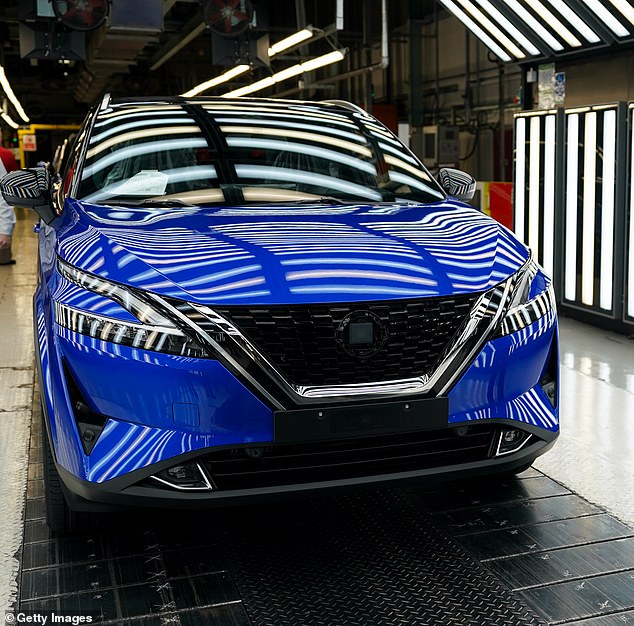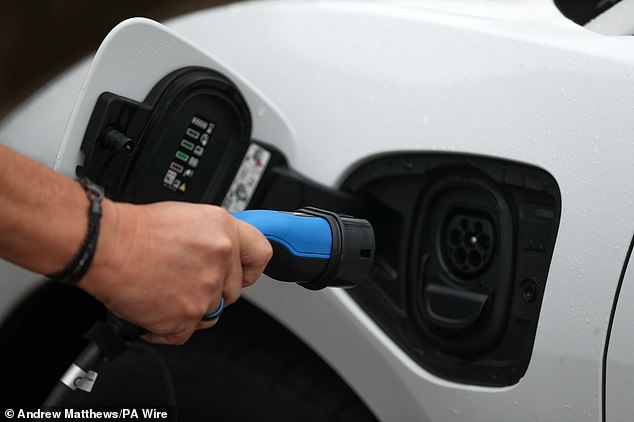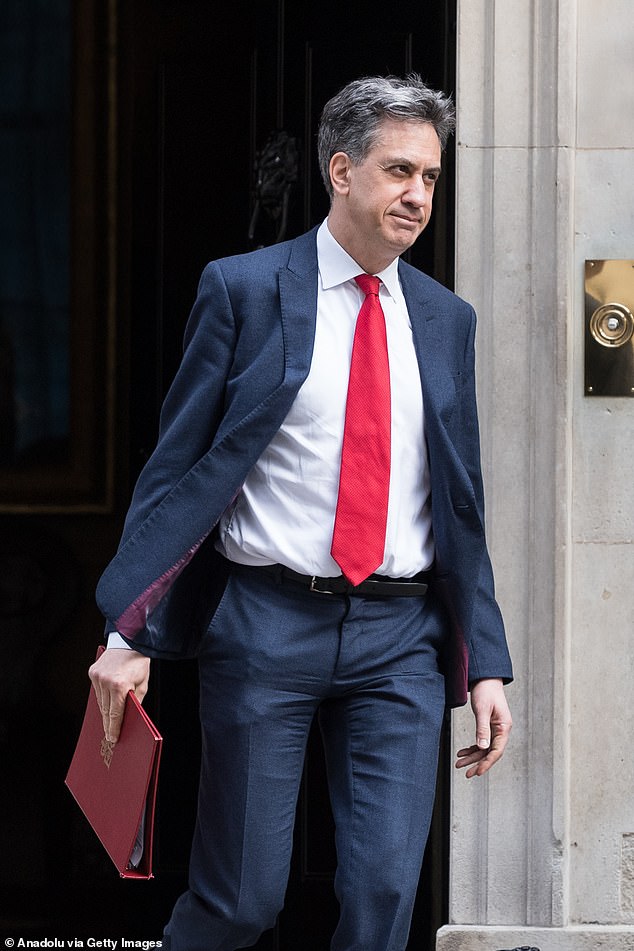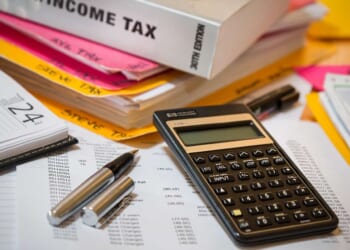Looser Net Zero targets for electric cars could be unveiled as soon as next week in the wake of Donald Trump‘s tariffs attack.
The US president is piling 25 per cent levies on all foreign-made vehicles and parts in his ‘Liberation Day’ assault.
That has sparked fears of 25,000 job losses, with cars among the UK’s biggest exports to America, worth billions of pounds every year.
Keir Starmer is frantically trying to negotiate a package to exempt Britain from the charges, although hopes have been fading.
Downing Street refused to be drawn on claims that the zero emission vehicles (Zev) mandate could be eased next week, with targets downgraded and scope for hybrids to be sold for longer.
Under the current scheme at least 28 per cent of new cars sold by each manufacturer this year must be zero emission, which generally means pure electric.

Ministers have hinted at a ‘substantial change of policy’ after Nissan warned that the future of its Sunderland plant (pictured) was in doubt

Under the current scheme at least 28 per cent of new cars sold by each manufacturer this year must be zero emission, which generally means pure electric (file picture)
The percentages rise each year, reaching 80 per cent of new cars in 2030.
But figures today suggested the level is at around 19 per cent. Brands could face fines of up to £15,000 for every vehicle below the target.
Ministers have hinted at a ‘substantial change of policy’ after Nissan warned that the future of its Sunderland plant was in doubt.
However, it would be another blow to Net Zero Secretary Ed Miliband, who has already seen his opposition to airport expansion contradicted by Chancellor Rachel Reeves.
A spokesman for the PM stressed the government ‘remains committed to the EV transition’.
He said ministers are ‘working to restore clarity to the industry’.
The Government is analysing feedback from a recent consultation on proposed changes to the rules, which could include making it easier for non-compliant manufacturers to avoid fines.
That closed before the US announced its tariffs.
Ministers have previously committed to reverse Rishi Sunak’s decision in September 2023 to delay banning the sale of conventionally fuelled new cars and vans from 2030 until 2035.

It would be another blow to Net Zero Secretary Ed Miliband, who has already seen his opposition to airport expansion contradicted by Chancellor Rachel Reeves
There have been called for tariffs on Tesla imports as its owner Elon Musk is close ally of Mr Trump.
Analysts Tussell published figures in January showing Tesla had received £188 million in taxpayer subsidies from the Department for Transport since 2016.
These related to the plug-in car grant, which enables people to save money on the purchase of low-emission vehicles.
Ms Reeves told the BBC last week: ‘We don’t want to get into a trade war, but we are looking at the zero emission vehicle mandate, which is, I think, why some of that money goes to Tesla, and looking at how we can better support the car manufacturing industry in the UK.’






